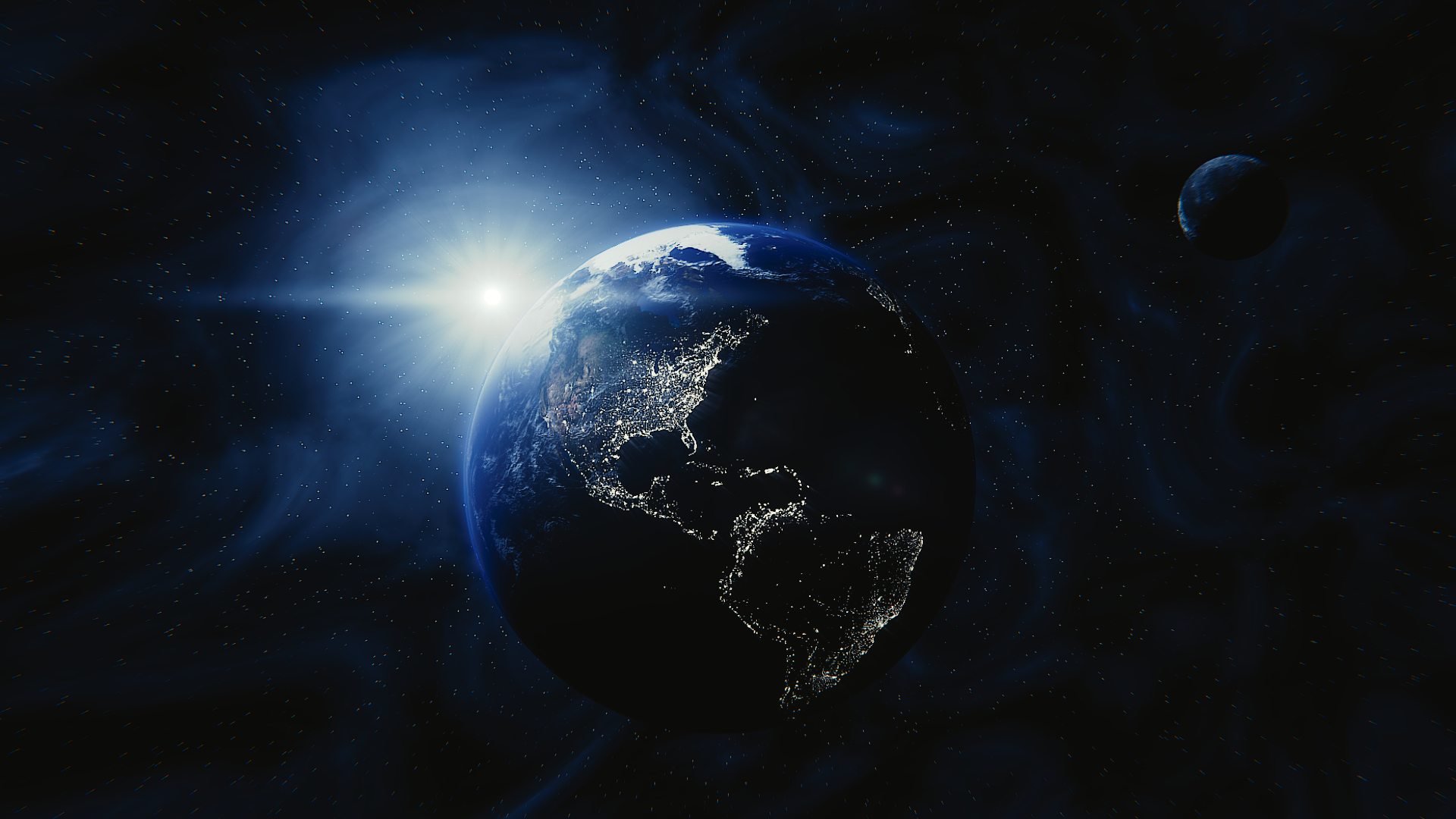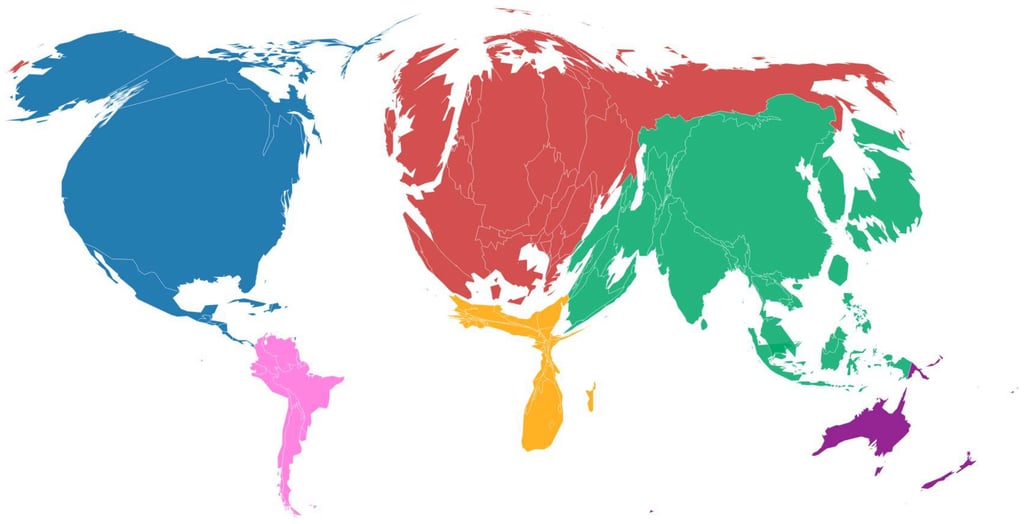
The Anthropocene Dictionary
Definitions of key notions and concepts related to the Anthropocene
Capitalocene
noun
The definition of the Capitalocene in pictures: There are enormous inequalities in the contribution of different human populations to environmental alteration. When it comes to greenhouse gas emissions, for example, capitalist countries bear the lion's share of historical responsibility. Seen from this angle, it is therefore preferable to speak of the Capitalocene rather than the Anthropocene, since the cause of the global environmental catastrophe characteristic of our times is not humanity as a whole, but first and foremost the capitalist system. However, the concept of the Capitalocene is often very focused on climate change (which is only a significant but limited aspect of the Anthropocene), and loses its relevance when we consider the global impacts of human activity that predate capitalism or are associated with other systems such as communism. Sourceof the map: https://www.carbonmap.org/#Historical


Definition: The Capitalocene refers to the same phenomenon as the Anthropocene, i.e. the widespread human-induced alteration of the Earth's surface, but makes capitalism (capitalo-) rather than humanity as a whole (anthropo-) the main cause of the global environmental catastrophe. The concept was proposed by Andreas Malm in the late 2000s. Its introduction was prompted in particular by the glaring inequalities between different populations or individuals in terms of their contribution to the alteration of the Earth's surface, which a generalizing term like Anthropocene would tend to invisibilize. For example, the populations of capitalist countries account for a disproportionate share of resource consumption and emissions of pollutants such as greenhouse gases. They therefore bear a predominant responsibility for phenomena characteristic of the Anthropocene, such as climate change, the modification of biogeochemical cycles, the collapse of animal populations and the extinction of species. Similarly, in capitalist countries, the wealthiest individuals bear an overwhelming responsibility for environmental degradation. While the term is interesting for reflecting on the differentiated responsibilities of individuals or human populations in environmental catastrophe, it is very much focused on climate change (which is only one of the many phenomena characteristic of the Anthropocene) and remains inoperative for describing the major impacts of human activity that predate capitalism or are linked to other systems, such as communism.
